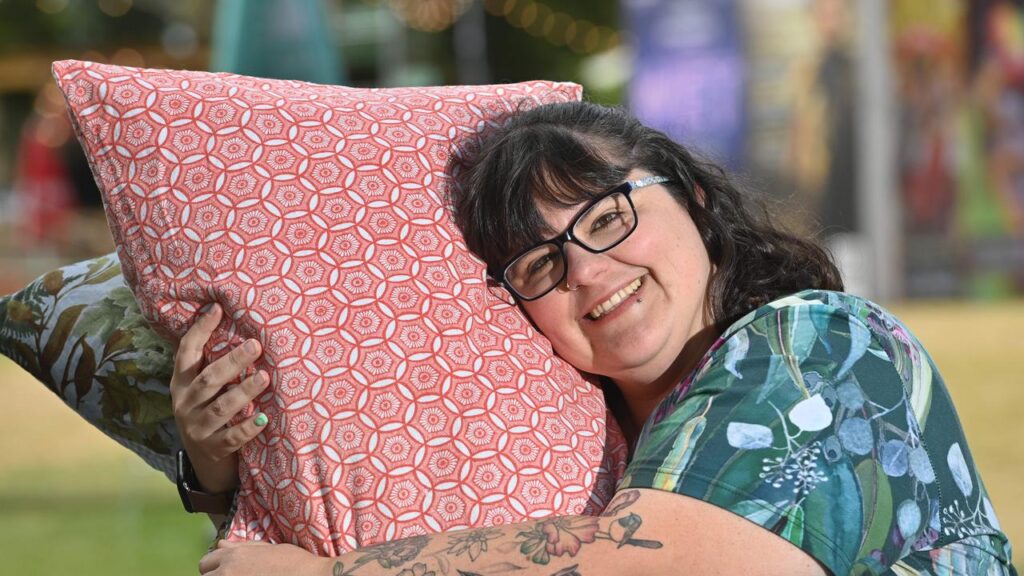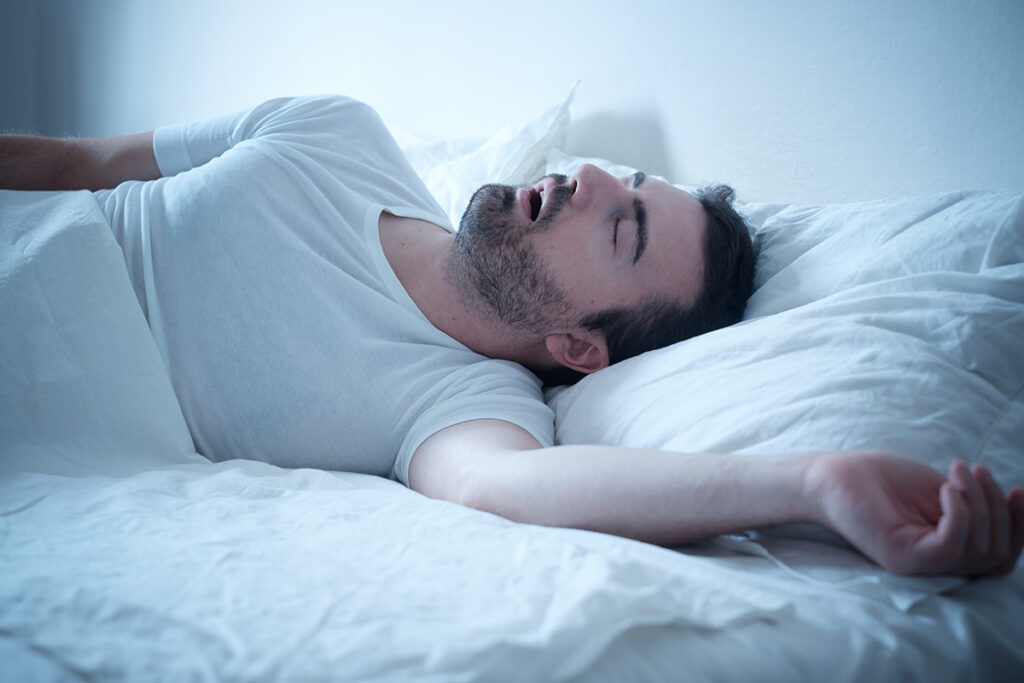Sleep tests are crucial in diagnosing and treating various sleep disorders. In Adelaide, there are different types of sleep tests available that can provide valuable insights into an individual’s sleep patterns and overall health. Understanding the importance of these tests and knowing what to expect during the process can help individuals make informed decisions about their sleep health.
Understanding the Importance of Sleep Tests
In conclusion, sleep tests Adelaide are essential tools in understanding and managing sleep disorders. By recognizing the importance of sleep tests, knowing the available options, and understanding the process and interpretation of results, individuals can take proactive measures to optimize their sleep health and overall well-being.
The Role of Sleep in Overall Health
Sleep plays a vital role in maintaining overall health and well-being. It is an essential process that allows the body to rest, repair, and recharge. During sleep, the brain consolidates memories, regulates hormones, and restores energy levels. Adequate and quality sleep is necessary for optimal cognitive function, immune system strength, emotional well-being, and physical health.
However, many people experience sleep disturbances or disorders that can significantly impact their quality of life. Sleep tests help in identifying these disorders and provide critical insights for diagnosis and treatment.
Understanding the intricate connection between sleep and health is crucial for individuals to prioritize their sleep hygiene. Factors such as a consistent sleep schedule, a comfortable sleep environment, and practicing relaxation techniques before bedtime can all contribute to better sleep quality. Additionally, avoiding stimulants like caffeine and electronic devices close to bedtime can help promote a more restful night’s sleep.

Identifying Sleep Disorders
There are various sleep disorders that can disrupt a person’s sleep patterns and overall health. Some common sleep disorders include:
- Insomnia: Difficulty falling asleep or staying asleep
- Obstructive Sleep Apnea: Breathing interruptions during sleep
- Narcolepsy: Excessive daytime sleepiness and sudden sleep attacks
- Restless Legs Syndrome: Uncomfortable sensations in the legs, leading to an irresistible urge to move
- Periodic Limb Movement Disorder: Involuntary leg movements during sleep
Sleep tests help in diagnosing these disorders by monitoring various physiological parameters during sleep.
It is important to consult with a healthcare professional if you suspect you may have a sleep disorder. By undergoing a sleep test, individuals can gain valuable insights into their sleep patterns and receive appropriate treatment to improve their overall quality of life.
Types of Sleep Tests Available in Adelaide
Polysomnography: An In-depth Look
Polysomnography is a comprehensive sleep test that involves monitoring multiple physiological parameters during sleep. This test is typically conducted in a sleep clinic or a specialized sleep center. It includes the measurement of brain activity (electroencephalogram), eye movement (electrooculogram), muscle activity (electromyogram), heart rate, respiratory effort, and oxygen levels. Find more about electroencephalogram at https://www.hopkinsmedicine.org/health/treatment-tests-and-therapies/electroencephalogram-eeg
A sleep technician applies sensors and electrodes to the person’s body to monitor these parameters throughout the night. The data collected during the test provides detailed information about sleep stages, breathing patterns, and any abnormalities that may indicate a sleep disorder.
During a polysomnography test, the sleep technician carefully observes the patient’s sleep patterns and records any significant events that occur during the night. This detailed analysis helps in diagnosing various sleep disorders such as sleep apnea, narcolepsy, and restless legs syndrome. The information gathered from polysomnography is crucial in developing an effective treatment plan tailored to the individual’s specific sleep needs.
Home Sleep Tests: Convenience and Comfort
Home sleep tests are an alternative option for diagnosing sleep disorders, particularly for suspected cases of obstructive sleep apnea. These tests are conducted in the comfort of a person’s own home, using portable monitoring devices.
A healthcare professional provides instructions on how to apply the sensors before sleeping. The devices usually monitor breathing effort, oxygen levels, and heart rate. Although home sleep tests may provide limited information compared to polysomnography, they can still be effective in identifying certain sleep disorders.
One of the advantages of home sleep tests is the convenience they offer to individuals who may have difficulty spending a night in a sleep clinic. Being able to sleep in familiar surroundings can sometimes lead to more accurate results as it reflects a person’s typical sleep environment. However, it’s essential to follow the instructions provided by the healthcare professional carefully to ensure the accuracy of the test results and subsequent diagnosis.
The Process of Undergoing a Sleep Test
Preparing for Your Sleep Test
Prior to a sleep test, it is important to follow any specific instructions given by the healthcare provider. This may include abstaining from caffeine or certain medications that could interfere with the test. It is also advisable to maintain a regular sleep schedule and ensure a comfortable sleep environment on the night of the test.
Additionally, it is recommended to avoid heavy meals close to bedtime, as digestion can affect sleep quality. Creating a relaxing pre-sleep routine, such as reading a book or taking a warm bath, can help signal to your body that it is time to wind down and prepare for restful sleep.
What to Expect During the Test
During a sleep test, a sleep technician will apply sensors and electrodes to monitor the required physiological parameters. These sensors are painless and non-invasive. The individual can sleep as naturally as possible, as the sensors collect data throughout the night. The sleep technician will be available to address any concerns or issues that may arise during the test.
It is important to remember that the purpose of the sleep test is to obtain accurate data, so it is crucial to try and sleep as you normally would. It may feel strange to sleep in an unfamiliar environment with sensors attached, but rest assured that the technicians are trained to ensure minimal disruption to your sleep. Click here to learn more about accurate data.
Interpreting Sleep Test Results
Understanding Your Sleep Test Report
After completing a sleep test, the collected data is analyzed by a sleep specialist. They will interpret the results and provide a detailed report. The report typically includes information about sleep efficiency, sleep stages, breathing patterns, and any abnormalities identified during the test. It may also provide an indication of the presence or absence of specific sleep disorders.
When analyzing sleep efficiency, specialists look at how effectively you transition between sleep stages and how long you spend in each stage. This information can offer insights into the quality of your sleep and help identify any disruptions that may be affecting your rest. Understanding your breathing patterns is crucial as well, as irregularities such as snoring, pauses in breathing (apneas), or shallow breathing can indicate conditions like sleep apnea.
Next Steps After Receiving Your Results
Once you have received your sleep test results, it is essential to schedule a follow-up appointment with a sleep specialist. They will explain the findings in detail, answer any questions you have, and recommend further steps if necessary. Depending on the diagnosis, these steps may include lifestyle changes, medical interventions, or additional sleep studies.
During your follow-up appointment, the sleep specialist will work with you to create a personalized treatment plan tailored to address your specific sleep issues. This plan may involve behavioral changes, such as improving sleep hygiene practices, or the use of medical devices like CPAP machines for conditions like sleep apnea. In some cases, medication or surgery may be recommended to address underlying sleep disorders.

The Role of Sleep Specialists in Adelaide
When to Consult a Sleep Specialist
If you experience ongoing sleep disturbances, excessive daytime sleepiness, or suspect that you have a sleep disorder, it is advisable to consult a sleep specialist in Adelaide. They have the expertise to evaluate your individual sleep patterns and provide personalized treatment recommendations.
It’s important to note that sleep specialists in Adelaide are highly trained medical professionals who specialize in the diagnosis and treatment of various sleep disorders. They undergo extensive education and training to understand the complexities of sleep and its impact on overall health. By seeking their expertise, individuals can gain valuable insights into their sleep issues and receive targeted interventions to improve their quality of life.
How Sleep Specialists Can Help
Sleep specialists play a crucial role in diagnosing and treating sleep disorders. They have in-depth knowledge of sleep medicine and can interpret sleep test results accurately. Based on the diagnosis, they can create tailored treatment plans that may include lifestyle modifications, behavioral therapies, or the use of therapeutic devices, such as continuous positive airway pressure (CPAP) machines for sleep apnea.
Moreover, sleep specialists collaborate with multidisciplinary teams to ensure comprehensive care for patients with complex sleep conditions. They work closely with pulmonologists, neurologists, psychologists, and other healthcare professionals to address the diverse needs of individuals struggling with sleep issues. This holistic approach not only enhances treatment outcomes but also promotes long-term management strategies for better sleep health.
alearn about cost of sleep test on: Understanding the Costs Associated with Sleep Tests
